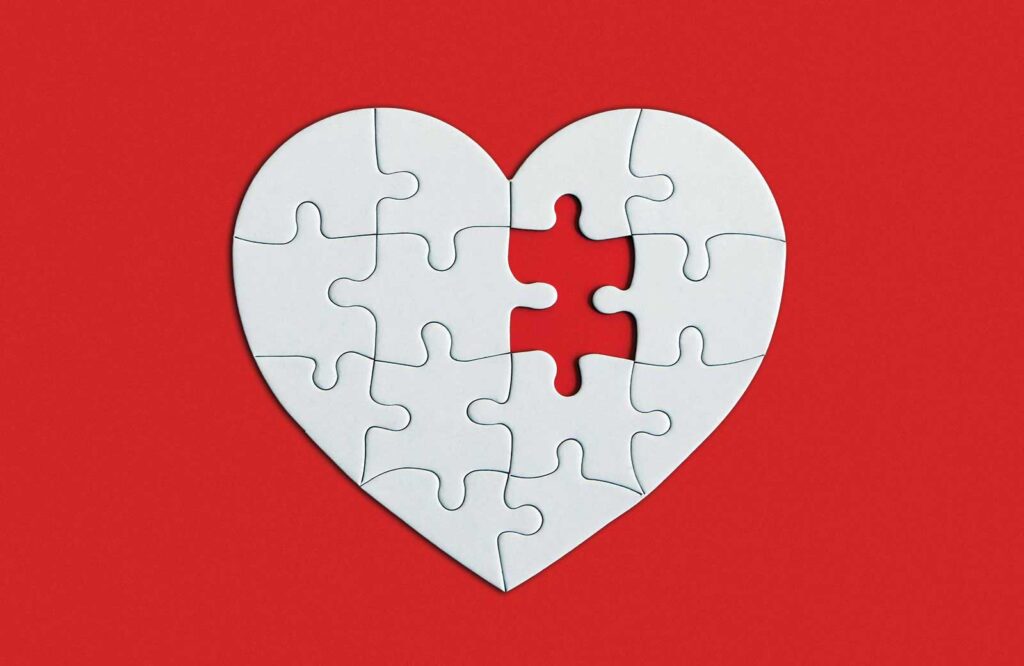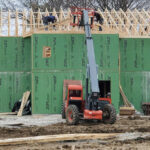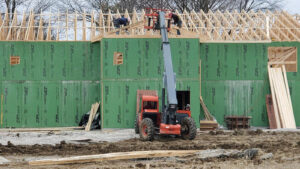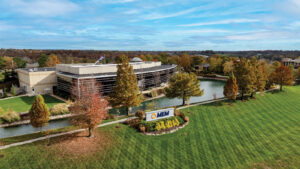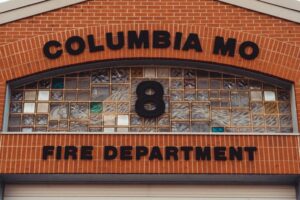Become an active participant in the health and sustainability of our community through the Red Cross.
The Red Cross was founded in 1881 by Clara Barton as a response to her experiences as a nurse during the Civil War. The organization became known for remaining neutral in conflict and treating soldiers from both sides. The American Red Cross of Central & Northern Missouri — the local chapter of the Red Cross — began in 1917.
Time can change a lot of things, but the critical need for the services the Red Cross provides to central and northern Missouri remains constant.
“There are five lines of service within the American Red Cross,” Abigail Anderson, former executive director of the American Red Cross of Central & Northern Missouri, says. “There are two primary ones that affect Columbia: blood donations and fire safety.”
The American Red Cross provides 100 percent of the blood to all of the university hospitals in Columbia, but they have seen a decline in donations since 2020.
“We’re seeing a decline in donations — 38 percent lower than what we saw around this time last year,” Abigail explains. “In order to ensure that the hospitals have the blood supply that they need to treat local patients, we need more donations.”
On average, one pint of blood can save three lives, and the Red Cross hosts an average of five blood drives a day across the Central and Northern Missouri territory.
Recently, Abigail worked with Sean Spence, Salvation Army of Mid-Missouri community relations director, to host a VIB — Very Important Blood Drive. Fifty high-profile individuals from the Columbia area were asked to come and donate, which not only helped in getting blood to hospitals that day, but also helped advocate for the overall need in the community.
“The primary message of this event is that blood is vital to the health and sustainability of the community. It really helps rally the community together when you’re asked to give blood by somebody you know,” Abigail says.
Aside from donations, the Red Cross also needs volunteers to assist with transportation. After receiving a blood donation, the Red Cross sends vials to a testing facility in St. Louis, where over 100 tests are run to ensure that the blood is completely safe for recipients.
“We have five days from the moment a donor sits in the donation bed to the time [the blood] is transfused into a hospital patient . . . five days is all that donations are viable for,” Abigail says. “We need volunteers that can assist us in transporting blood post-testing from the Red Cross facility to the local hospitals, even if that’s just across town. This is a very safe volunteer position in terms of COVID-19 precautions. Volunteers can sit in a vehicle by themselves — it’s pretty safe in regards to transmission.”
During the pandemic, the Red Cross has remained open, and they initially switched their schedule to being open seven days a week. They have since returned back to being open six days a week, but they are collecting blood donations in some fashion — whether that be through community blood drives or at the local blood bank — every day of the year.
“The most commonly asked questions right now typically pertain to COVID and vaccination status,” Abigail says. “The simple answer is as long as you don’t have any symptoms or a fever, you can donate. Just come ready to report which vaccine you received, which helps when it comes to testing.”
The other priority for Columbia is disaster relief, especially as it pertains to fire safety. As the winter months continue to get colder, it is not uncommon for people to try and seek out alternative heating solutions. This trend is common among low-income families and usually results in a spike in home fires.
“We provide immediate shelter, food, water, and financial assistance to families who have experienced home fires,” Abigail says. “The average cost per family is $650, and we are looking to our community to help us maintain and secure that financial assistance for local low-income families who have experienced a home fire.”
Beyond being a place of relief for families who experience home fires, the Red Cross also works with local fire departments to provide fire safety awareness and free smoke alarms in low income homes.
To donate, give blood, or become a volunteer, visit redcross.org.
American Red Cross
1511 S. Providence Rd.
(573) 635-1132
redcross.org/local/missouri
